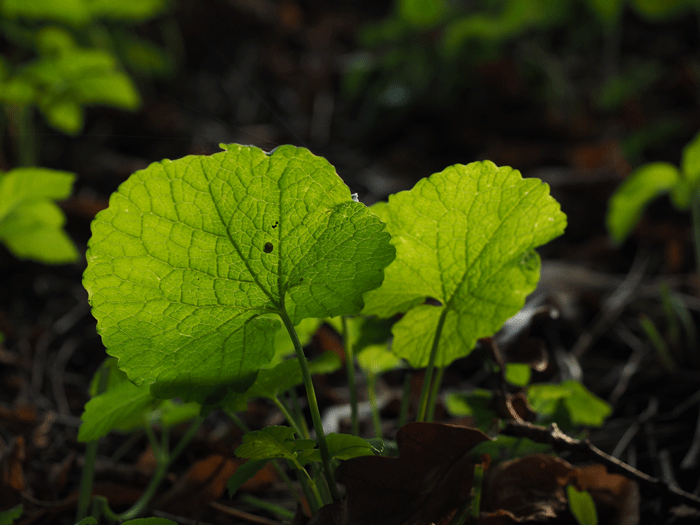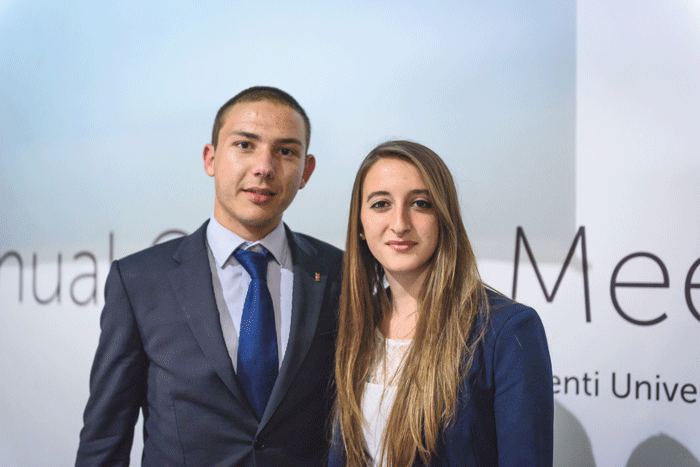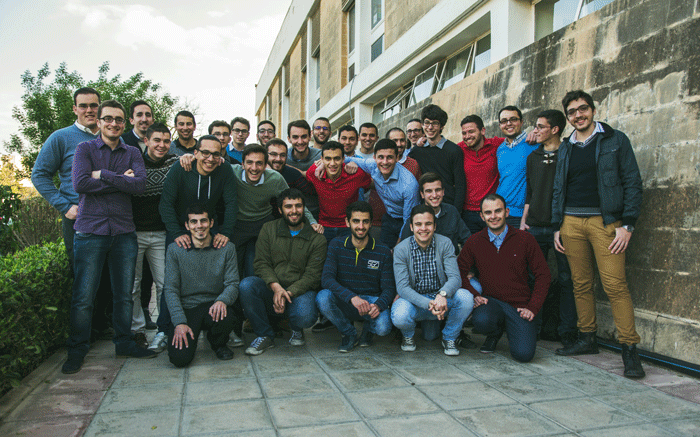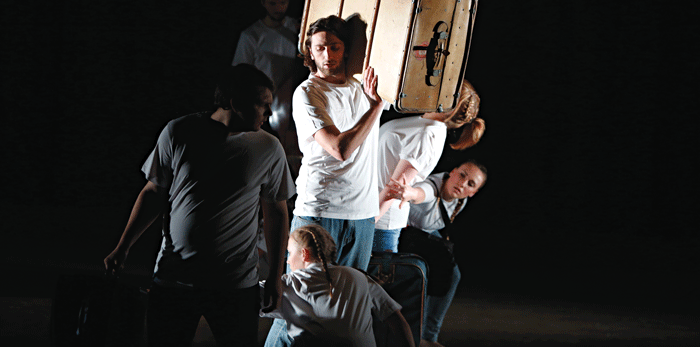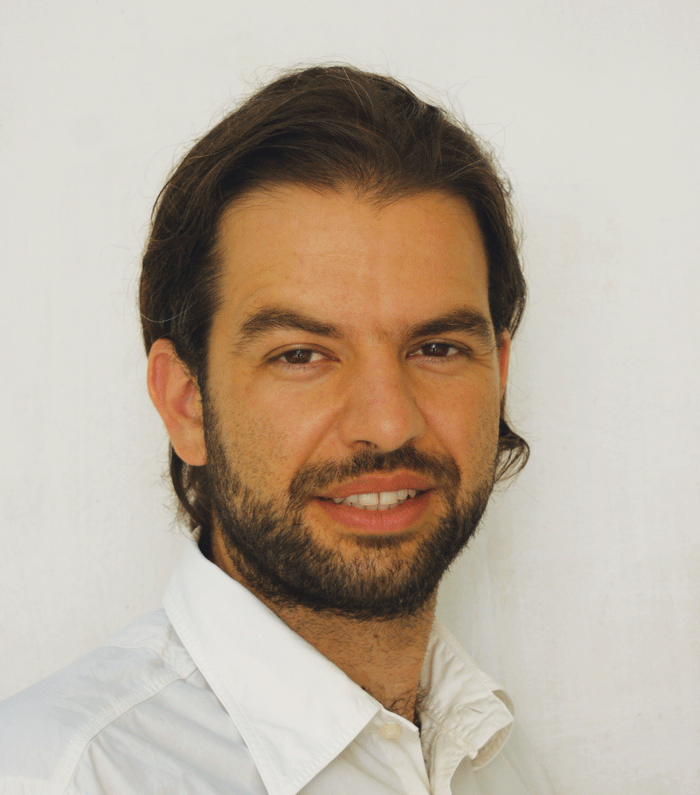
Carmen Sanchez Garcia
Soil sustains wildlife, landscapes, crops, forests, and air and water quality. Our survival and development depends on soil. However, a large amount of metals is being released daily into the environment through household waste, agricultural practices, and industrial activity.
Soil acts as a ‘sink’ for pollution, and depending on the soil’s chemical conditions, metals may persist there for long periods of time, posing a risk for humans and ecosystems. Maltese soils have a high concentration of lead, zinc, and copper. At high concentrations, these metals are harmful to many forms of life and can lead to a host of diseases including cancer. Carmen Sanchez Garcia (supervised by Dr Anthony Sacco) studied how to reduce the level of these metals in Maltese soils using plants instead of conventional methods.Continue reading

